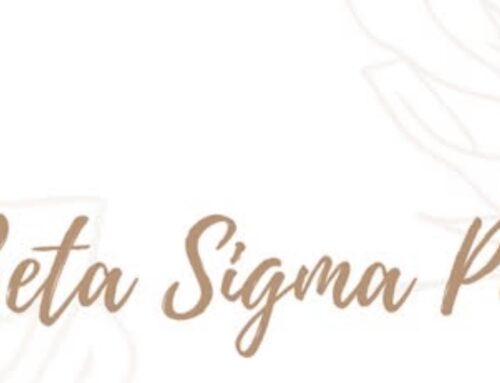Years ago, the phrase “Take a hike” was used in a derogatory manner to dismiss and devalue someone. What was meant for ridicule may have been some terrific advice. Being outside innature has been shown to have many positive and healthy benefits. Conversely, a lack of being in nature can have some negative consequences so much so it has been labeled as a disorder. Nature Deficient Disorder is a term used to describe the lack of exposure to nature that children are experiencing as a result of being overloaded with stimuli from all the various electronic gadgets in today’s world. I speculate that some adults may have the same struggle.
Studies suggest that spending time in nature can lead to a healthier mind and body. The Japanese include “forest bathing” as part of the curriculum for school age children. At least once a day children take 20-minute walks in the forest and as a result the children are less anxious, less disruptive, and more focused upon assigned tasks. One of the interventions used in nature therapy is forest bathing which involves spending mindful time in a forest. Improved sleep, reduced symptoms of anxiety and depression, less feelings of hostility, lower cortisol, improved cognitive functioning, enhanced nervous system activity, less flight, freeze, and flight response, reduced diabetic symptoms, reduced blood glucose, improved pulse rate and blood pressure were just a few of the positive outcomes of spending mindful time in nature. The effects lasted up to five days.
Amazingly, scientists found that passive engagement such as just being outside, taking in a view such as the mountains, sunset, ocean or looking at videos or photos of nature scenes had a positive physical and emotional impact. The benefits of exercise such as walking, hiking, or running are significantly increased when done in nature.
So the next time someone tells you to take a hike why not say “Thank you. I think I will.”






